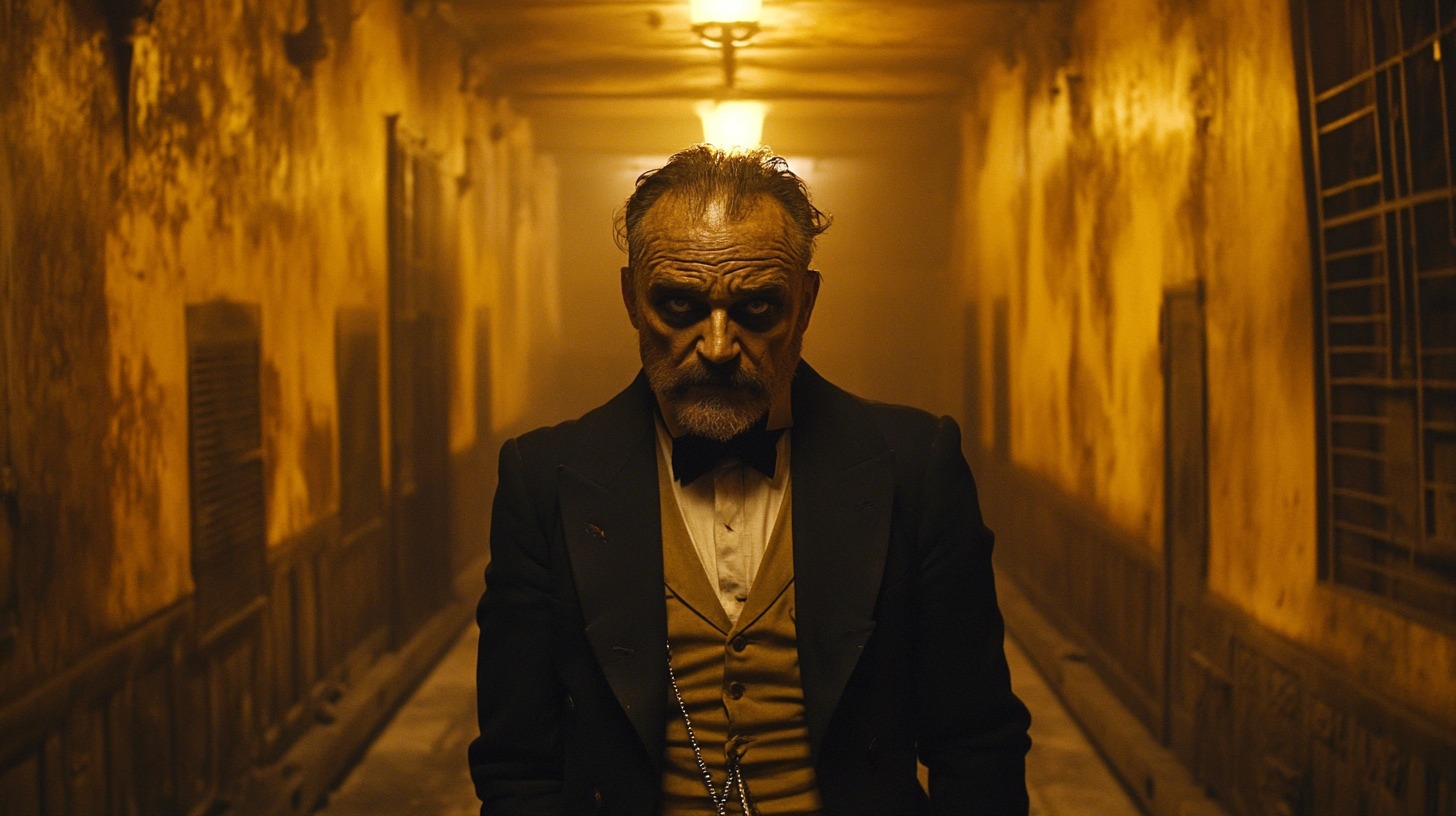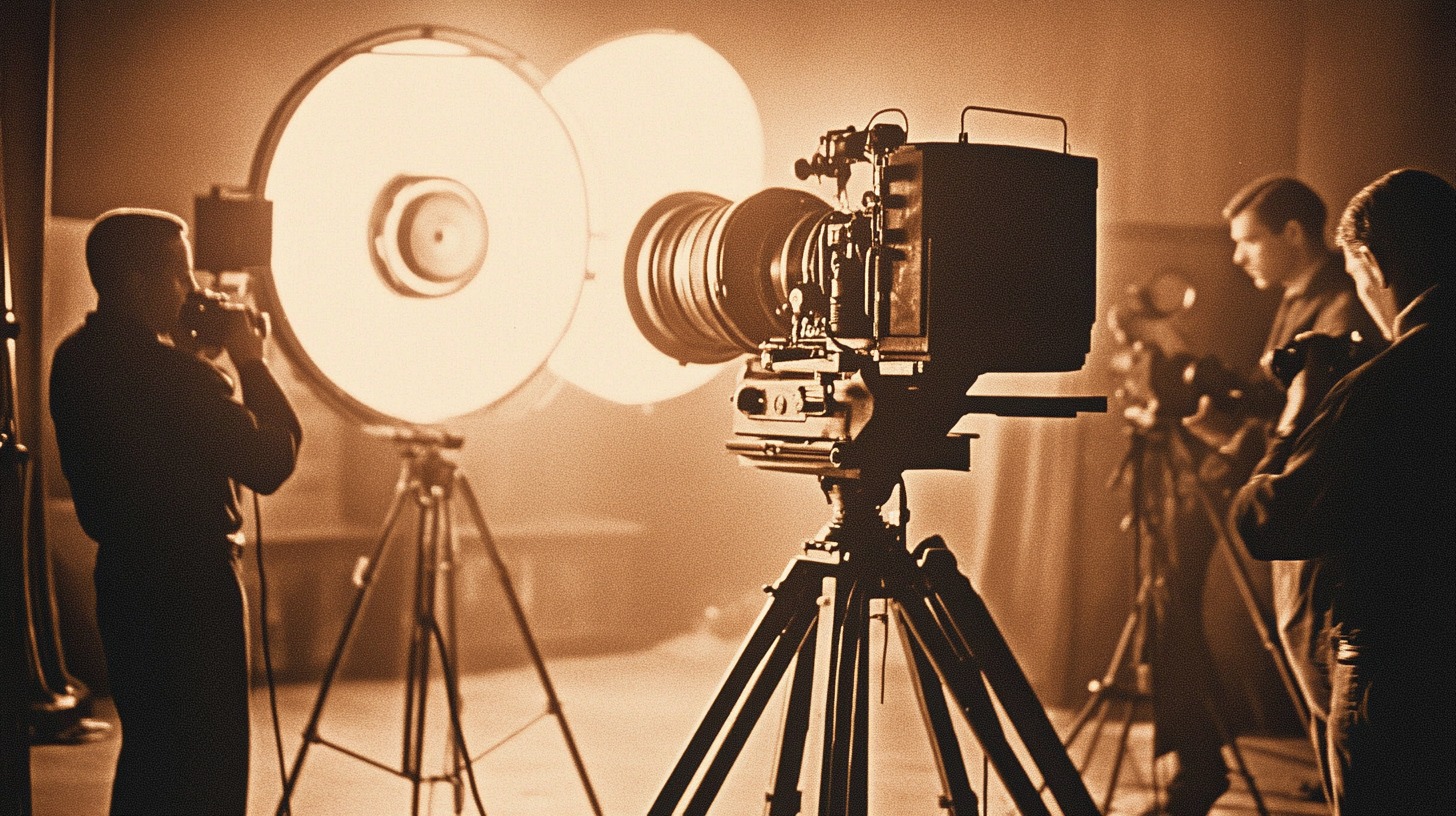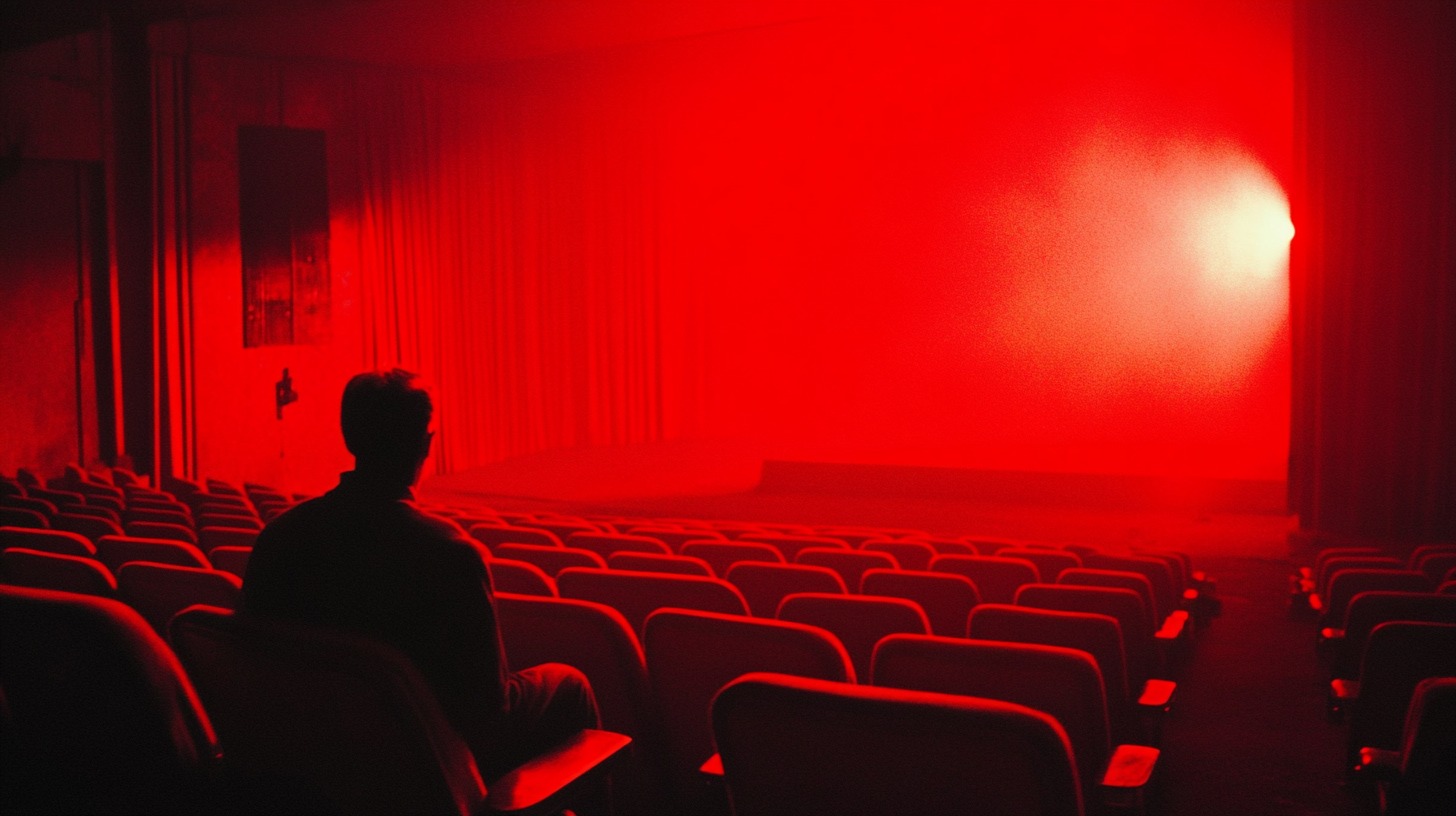Film criticism serves a vital function within the entertainment industry, providing insights and assessments that influence audience perceptions and challenge creators. Yet, the role of a film critic is fraught with challenges, particularly when it involves navigating the thin line between integrity and the pressures exerted by advertisers and stakeholders.
At the heart of this struggle lies the critic’s commitment to honesty, often at the expense of personal and professional stability.
The Dual Nature of Film Criticism
At its core, film criticism exists as both an art form and a responsibility. Critics are tasked with dissecting and interpreting creative works to offer audiences informed opinions. This requires not only knowledge of film history and technical aspects but also an understanding of cultural and societal undercurrents.
In the case of Jensen Hirsch, the film critic in Nat Segaloff’s story, his sharp reviews cut through mediocrity, but they also highlight the critic’s dual role as both a consumer advocate and a provocateur.
The relationship between critics and advertisers adds complexity to the role. Film criticism often challenges the very entities that fund media outlets, creating an inherent conflict of interest.
As he critiques the films that generate significant advertising revenue, he constantly risks offending powerful stakeholders who wield considerable influence.
A dual nature of the profession, balancing creativity with commercial interests—defines the tension critics face daily.
The Influence of Advertisers on Editorial Freedom

The tug-of-war between advertisers and editorial freedom is a long-standing issue in journalism. Critics like Hirsch embody this struggle, as their candid opinions often clash with the financial objectives of their employers.
Advertisers, particularly those with significant stakes in the industry, frequently attempt to influence content to ensure favorable coverage.
In the story, Hirsch’s sharp remarks about films and theater owners, particularly Max Pouch, serve as a microcosm of this conflict. Pouch, as an advertiser and influential figure, attempts to leverage his financial clout to silence Hirsch, demonstrating how editorial independence can be compromised by commercial pressures.
Hirsch’s eventual confrontation with Pouch underscores the lengths to which critics must go to protect their integrity while navigating the professional repercussions of their honesty.
Critics as Guardians of Audience Interests
One of the most important roles of a film critic is to serve the interests of the audience. Critics help viewers make informed decisions about how to spend their time and money. Hirsch’s acerbic reviews, such as his disdain for “Transformers 6” or his colorful dismissal of “Grown Ups,” highlight his commitment to guiding audiences away from mediocrity.
By delivering brutally honest assessments, critics hold filmmakers accountable for the quality of their work and advocate for higher standards in the industry.
However, this dedication to the audience often puts critics at odds with other stakeholders, such as theater owners and studios. Hirsch’s candid critiques not only ruffle feathers but also create tension within his own newsroom, as advertisers threaten to withdraw financial support.
Despite these challenges, critics like Hirsch remain steadfast in their mission to prioritize the audience, even when it jeopardizes their professional security.
The Relationship with Stakeholders

The story of Hirsch and Pouch also sheds light on the complex dynamics between critics and other stakeholders in the film industry. While critics aim to provide objective evaluations, stakeholders often have conflicting interests.
Theater owners like Pouch, for instance, view critics as threats to their revenue streams. Studios, on the other hand, may tolerate criticism as long as it generates publicity for their films.
Hirsch’s encounter with Pouch exemplifies the tension that arises when these interests collide. By banning Hirsch from his theaters, Pouch attempts to exert control over the critic’s ability to do his job.
The move highlights the extent to which stakeholders will go to protect their financial interests, even at the expense of editorial independence. Despite these obstacles, Hirsch’s resilience and determination to uphold his principles serve as a testament to the critic’s role as an independent voice in the industry.
The Cost of Integrity in Film Criticism
Maintaining integrity as a critic often comes at a personal and professional cost. For Hirsch, the consequences of his honesty include strained relationships with advertisers, conflicts with his editor, and ultimately, the loss of his job.
Yet, his unwavering commitment to his principles underscores the importance of integrity in film criticism.
Critics who prioritize honesty over appeasement contribute to a healthier and more dynamic industry. By holding filmmakers accountable and challenging the status quo, they encourage innovation and elevate artistic standards.
While the cost of integrity may be high, the value it brings to audiences and the industry as a whole is immeasurable.
Summary
The story of Jensen Hirsch illustrates the challenges and rewards of film criticism as a profession. Critics occupy a unique position in the entertainment industry, navigating the delicate balance between honesty and commercial pressures.
Despite the obstacles they face, the critic who remains true to core principles plays a vital role in advocating for audience interests and fostering creativity in filmmaking. Their work, though often thankless, ensures that the art of cinema continues to evolve and thrive.


